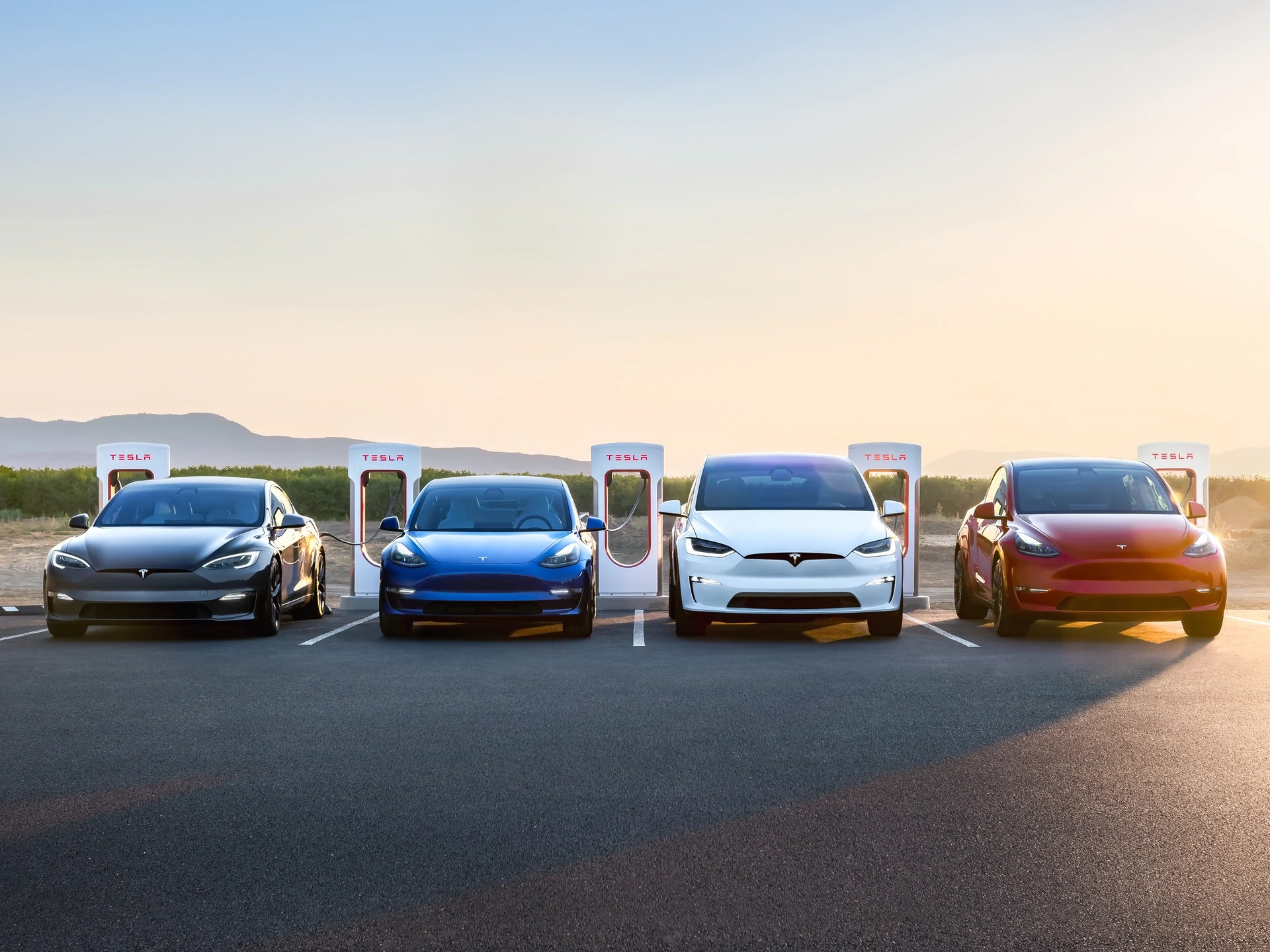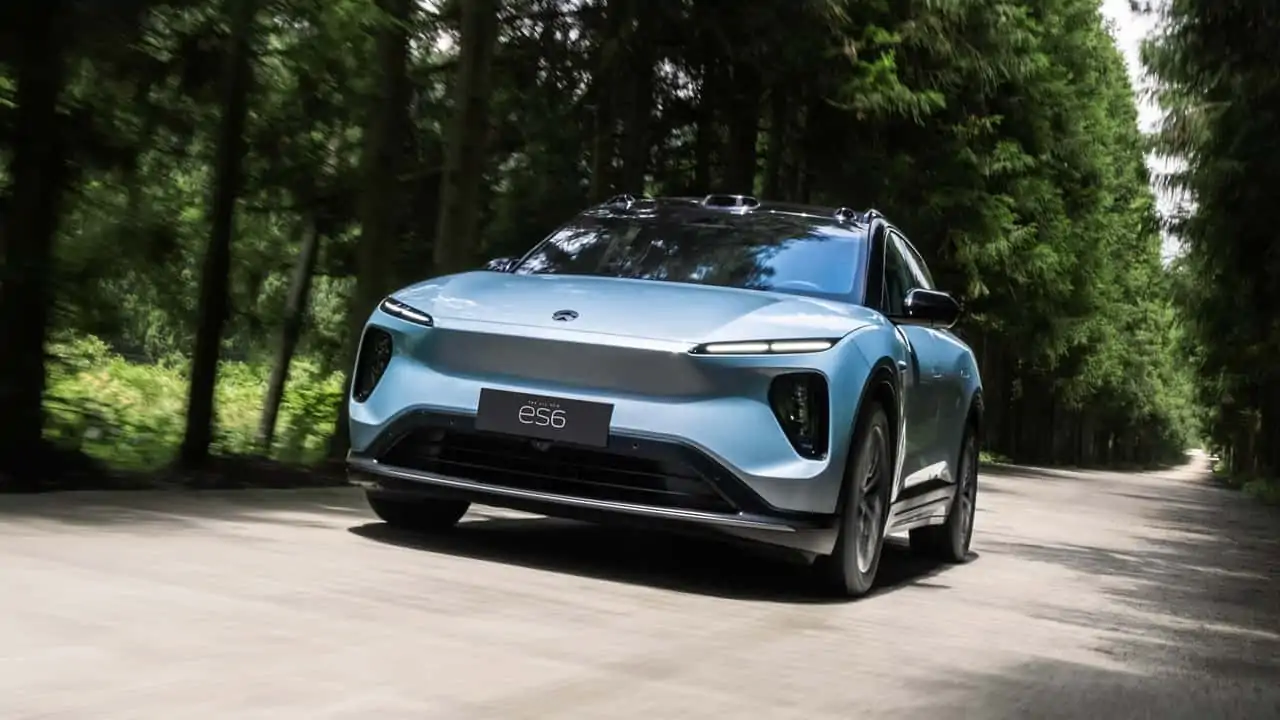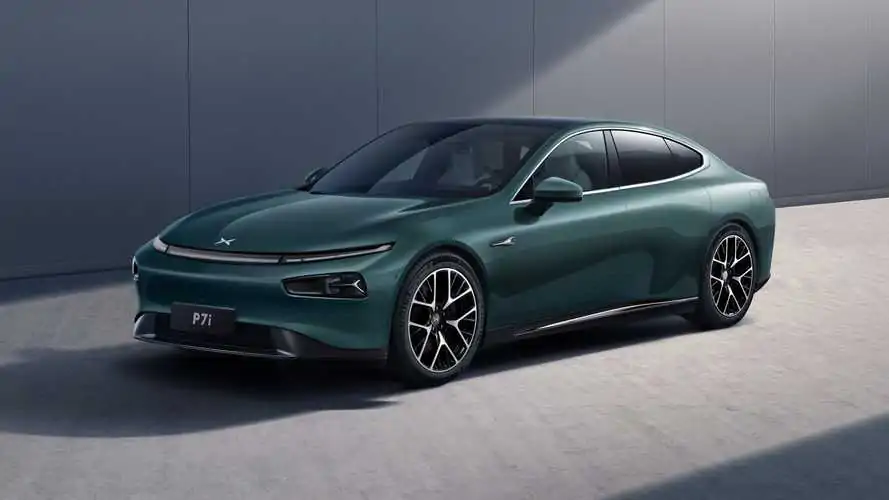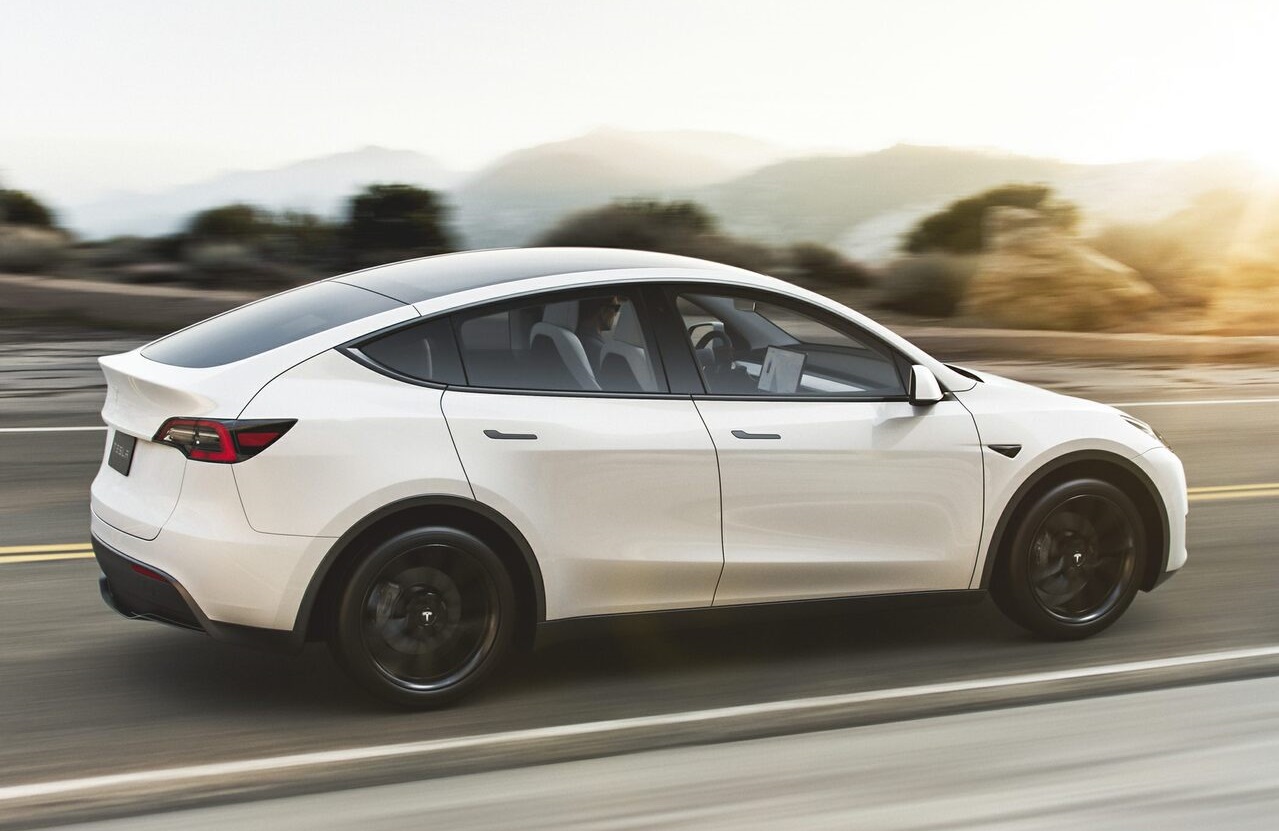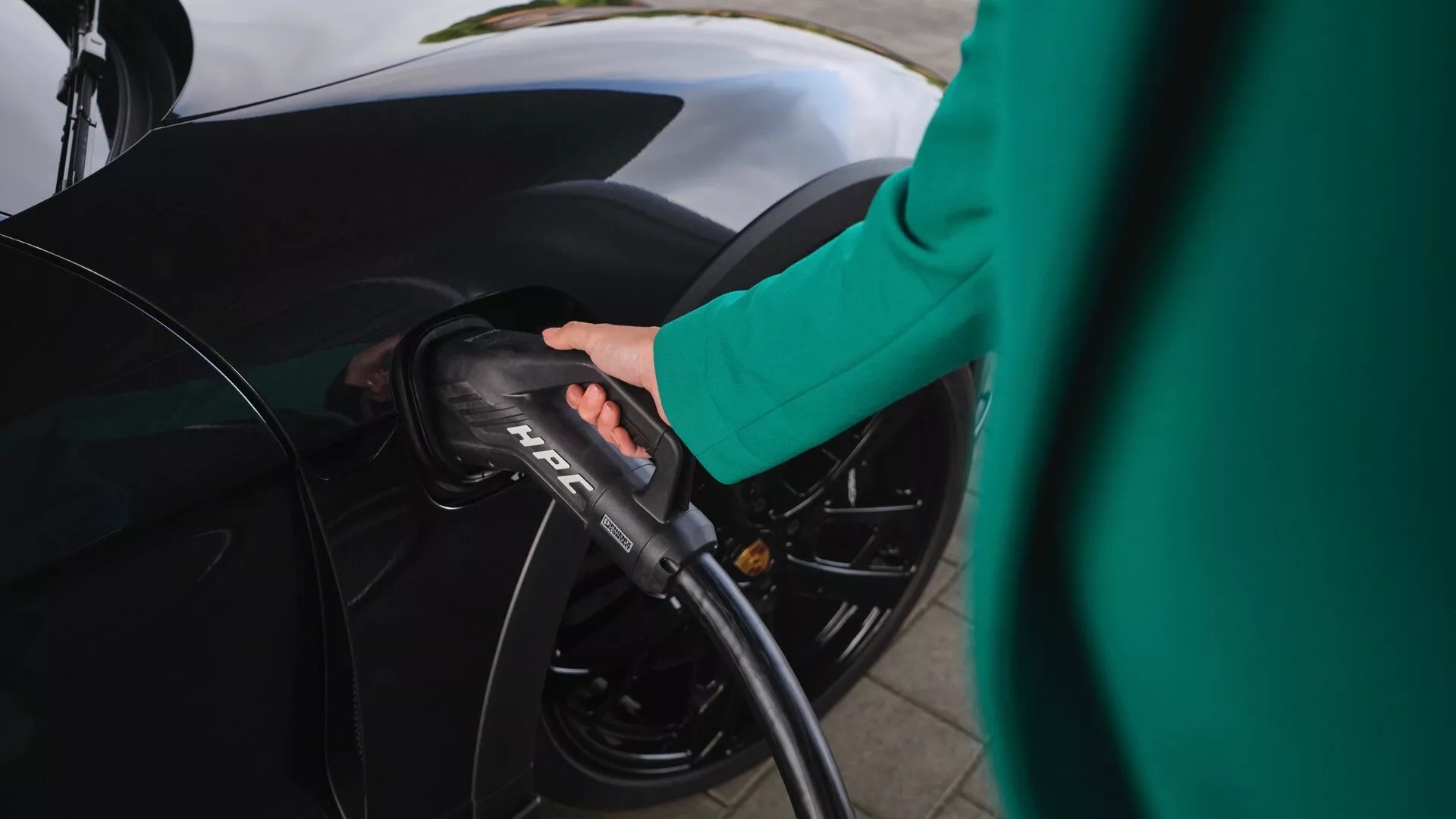In the realm of the United States’ electric vehicle (EV) market, one name stands head and shoulders above the rest: Tesla. The American automaker has not only pioneered electric mobility but has also compelled its competitors to occupy low-volume niches as they grapple with the dual challenges of market penetration and profitability.
Despite hefty investments poured into EV development, production, and marketing by various automakers in the U.S., the results have been modest at best. Recent data from S&P Global Mobility underscores this point, revealing that only Tesla’s Model 3 and Model Y have achieved sales figures substantial enough to sustain full-scale assembly operations.
A closer look at sales data for automakers in the U.S. during the first half of 2023 paints a striking picture: Tesla outperformed each of its top 19 rivals by a staggering factor of at least 10. The company’s impressive performance culminated in the delivery of 325,291 EVs across the country during the year’s initial six months. In second place, General Motors trailed by a significant margin, with 34,943 units sold, primarily comprising the Bolt EV. Ford, Hyundai, and Rivian rounded out the list of nearest competitors.
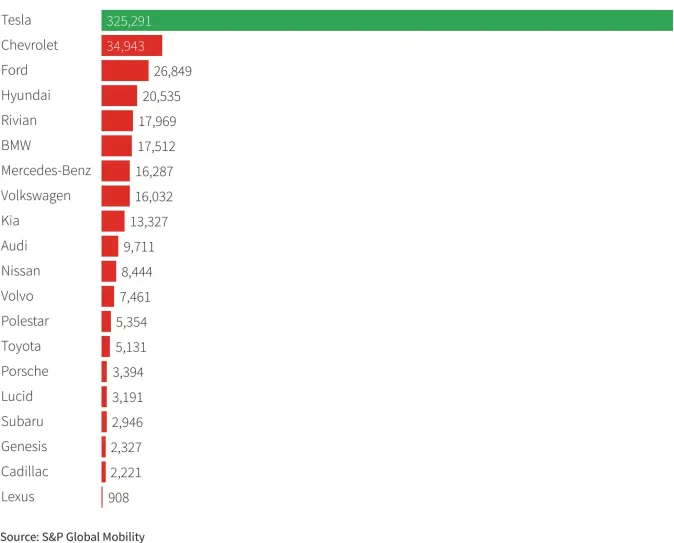
When breaking down these figures by individual models, it became evident that Tesla occupied the top two positions with the Model Y and Model 3, further solidifying its dominance. In stark contrast, the Bolt managed to sell 35,000 units, while Ford’s Mustang Mach E struggled with a mere 13,600 units sold. This poses a substantial challenge for Ford, as achieving a minimum 80 percent operational capacity is essential for profitability in a standard assembly plant. The electric Mustang’s struggles are not confined to the U.S. market, as it faces headwinds in China as well.
Despite the challenges, the broader U.S. EV market is experiencing growth, capturing 8.9 percent of the overall automotive market. This represents a notable increase of 2.6 percentage points from the previous year, signifying the escalating interest in electric vehicles. However, this landscape may soon witness another seismic shift with the impending arrival of the highly anticipated Cybertruck.
As Tesla continues to set the pace in the U.S. EV market, its competitors find themselves in a demanding race to catch up, with the future of electric mobility hanging in the balance.

